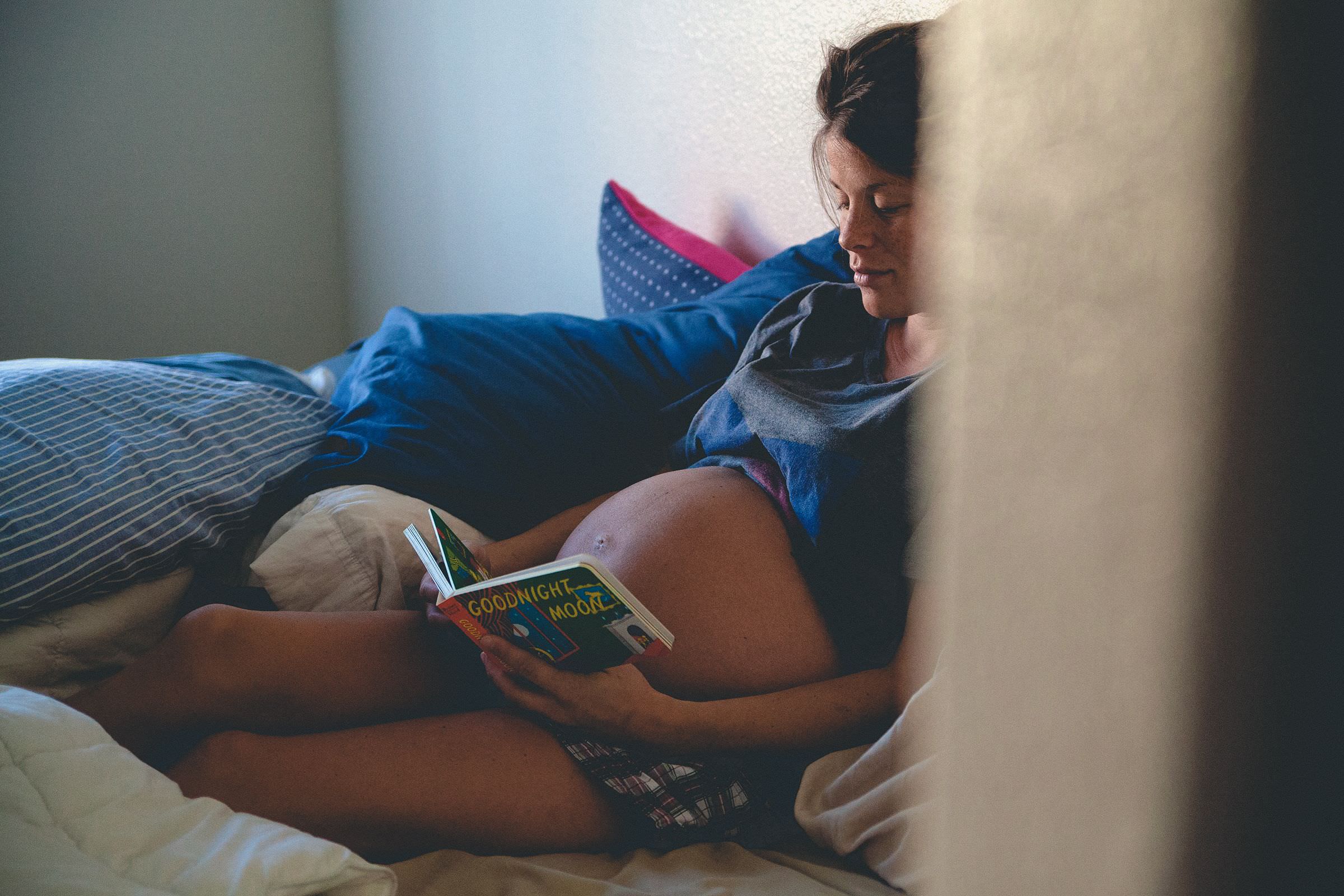
Summary
Delivery of the intervention: Individual-/family-based
Aim of the intervention: The Early Interaction promotion project (European Early Promotion Project) aims to promote the positive early interaction between parents and child. The intervention focuses on identifying the family’s resources and finding solution to potential problems.
Description of the intervention: The Early Interaction promotion project is targeted at child families, especially for families expecting or with a newborn baby. The intervention lies on system theoretic and cognitive-behavioral thinking as well as on research-based knowledge on early identification of psychosocial risk factors. In the Early Interaction promotion project a health care professional working with baby- and child families conducts an interview with a family during the trimester of the pregnancy and after 4-8 weeks of the child birth. The interviews are intended to support the early interaction, survey the family’s need for support and bring up the possible concerns regarding the family situation. The interviews are structured by the Early Interaction promotion project –interview questionnaires, and they are held at the family’s home, if possible. The Early Interaction promotion project is a toolkit for education, social and health care professionals, and it guides them on how to bring up concerns, and go through child development and early interaction with the parents.
Availability of the intervention in Finland: The Early Interaction promotion project –method training is targeted for education, social and health care professionals, who are working with baby and child families. The training lasts for two years and is based on specific material. In Finland, the training is provided by the Universities of applied sciences and by the Early Interaction promotion project –trainers.
The Early Interaction promotion project has been developed as a part of the European Early Promotion (EEPP) – research project. In the Finland, the Social and Health Ministry and the Finnish Institute for Health and Welfare have been responsible for the development and research of the Early Interaction Promotion. In Finland, the education, and social and health care professionals have applied the intervention, especially in the child health clinics.
Research- and evidence-based efficacy of the intervention: As a part of EEPP research project, a quasi-experimental non-randomized effectiveness study based on group comparison design has been conducted at the University of Tampere. The evaluation of the working methods, which were developed during the research project, stated that the children, who participated in the intervention, had a better physical health compared to the control group. In the intervention group, mothers had less symptoms of mild depression that the mothers in the control group, and the observed mother-child interaction was better than in the group who participated in the child health clinic follow-up. The study had small effect sizes. (Davis ym. 2005). In the two years follow-up no difference was found between the groups regarding child-parent interaction (Puura ym. 2005). There is moderate research-based evidence for the effectiveness of the intervention.
Literature:
- Davis, H., Dusoir, T., Papadopoulou, K., Dimitrakaki, C., Cox, A., Ispanovic-Radojkovic, V., Puura K., Vizacou, S., Paradisiotou, A., Rudic, N., Chisgolm, B., Leontiou, F., Mäntymaa, M., Radosavljev, J., Riga, E., Day, C. & Tamminen, T. (2005). Child and family outcomes of the European early promotion project. International Journal of Mental Health Promotion, 7, 63–81.
- Puura, K., Davis, H., Mäntymaa, M., Tamminen, T., Roberts, R., Dragonas, T., Papadopoulu, K., Dimitrakaki, C., Paradisiotou, A., Vizacou, S., Leontiou, F., Rudic, N., Miladinovic, T. & Radojkovic, A. (2005). The outcome of the European early promotion project: Mother-child interaction. International Journal of Mental Health Promotion, 7, 82–94.